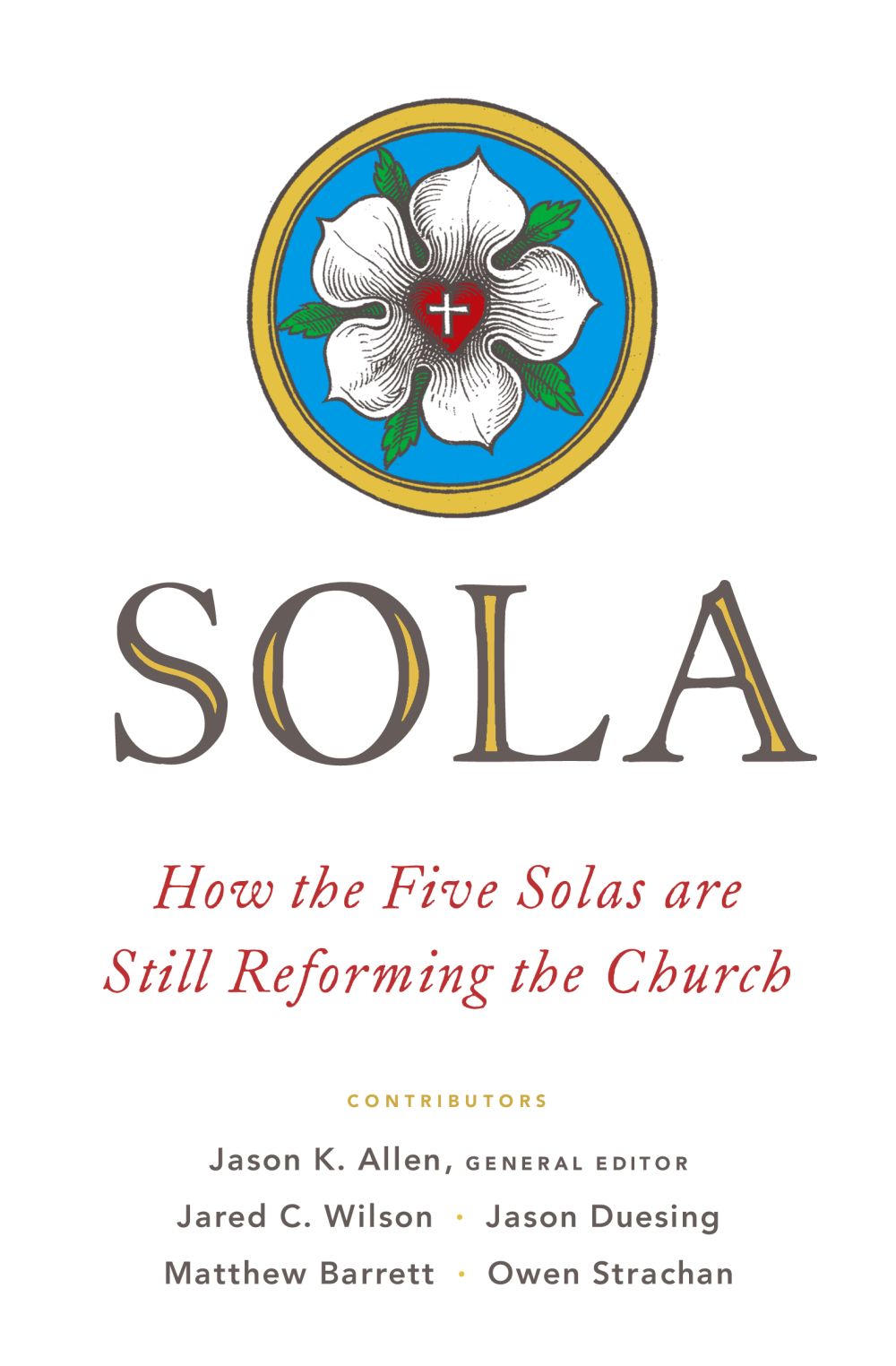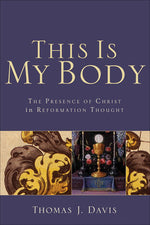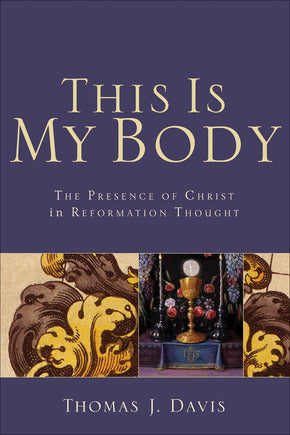This Is My Body: The Presence of Christ in Reformation Thought
Couldn't load pickup availability
- Binding:
- Paperback
- ISBN:
- 9780801032455
- Publisher:
- Baker Academic
ISBN: 9780801032455
Type: Paperback
"Davis continues to demonstrate why he is one of the leading interpreters of Calvin's theology of the Eucharist working today. This is a clear and accessible collection of essays that should be of interest to a wide audience."--Randall C. Zachman, University of Notre Dame
Davis devotes several chapters to Luther and to Calvin, examining the development of their eucharistic theology and its relation to their broader understanding of the presence of Christ in the community of faith. His study is particularly insightful with regard to the Reformers' use of language and their concept of how "signs" work. The final two chapters expand his study to include other figures of the Reformation era.
Scholars interested in historical theology will find in these well-researched essays a wealth of material to consider. General readers of church history will also find Davis's work accessible and a useful guide to the development of the Reformers' understanding of the presence of Christ in the Lord's Supper and the church.
Endorsements
"This Is My Body offers fresh insight into the eucharistic theology of the sixteenth century. Its essays highlight the centrality of Christ's presence for the reformers while exploring their different understandings of that presence. Professor Davis approaches Calvin's understanding of the Lord's Supper from a variety of angles, paying careful attention to the Genevan reformer's language. He draws on Calvin's sermons, commentaries, and treatises, as well as on successive editions of the Institutes, to illustrate aspects of Calvin's thought that have often been overlooked. Church historians, theologians, and pastors will all find something of value in this book."--Amy Nelson Burnett, professor of history, University of Nebraska-Lincoln
"The topic of this book has often been dealt with and yet Davis comes with new insights and a balanced position to convey the sacramental issue of the sixteenth century in a very accessible style. Dr. Davis has with this book done a great service to both the scholarly world and the church."--Herman J. Selderhuis, director of the Institute for Reformation Research, Apeldoorn
"Ever since Luther wrote 'This is my body' on the table at Marburg, theologians and historians of theology have been trying to trace the various levels of signification in the deceptively simple affirmation that Christ is present in the Eucharist. Thomas Davis's new work offers some of the most insightful and imaginative ways into the set of problems while never pretending to 'solve' the paradoxes inherent in this central Christian affirmation."--R. Ward Holder, associate professor of theology, Saint Anselm College
"Thomas J. Davis continues to demonstrate why he is one of the leading interpreters of Calvin's theology of the Eucharist working today. Davis does a wonderful job of setting Calvin's understanding of the Supper in the context of Luther's teaching on the subject, showing that both Luther and Calvin focus the power and efficacy of the Supper in the Word of God to which it is adjoined. By so doing, Davis opens a promising avenue of ecumenical understanding. Davis is especially to be commended for focusing our attention on the centrality of the life-giving flesh of Christ in Calvin's understanding of salvation. Davis convincingly argues that if one looks at Calvin's understanding of the body from the viewpoint of communion with Christ's body in the Eucharist, then the body must be seen as a wonderful gift and instrument of God, through which God saves God's people. Our experience of union with the body of Christ is therefore the center of Calvin's understanding of Christian existence. This is a clear and accessible collection of essays that should be of interest to a wide audience."--Randall C. Zachman, associate professor of Reformation studies, University of Notre Dame
- Weight:
- 0.8125 lb




